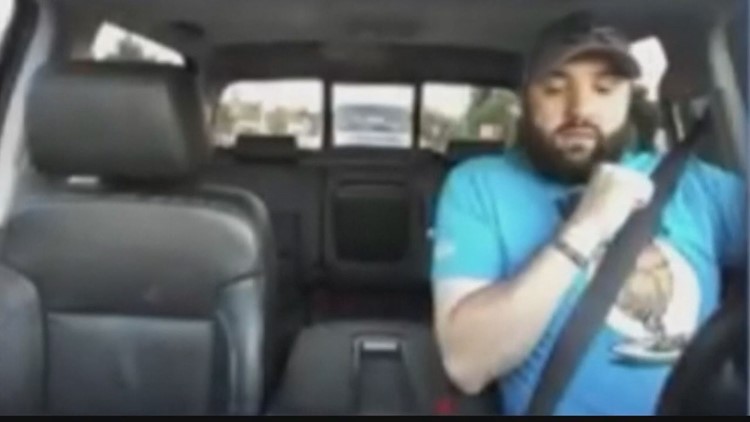ST. LOUIS — An Uber and Lyft driver has been suspended from both ride-hailing apps after he was found recording hundreds of passengers, many of whom had no knowledge that their conversations were being recorded.
The St. Louis Post-Dispatch first reported the story. It reported that Jason Gargac had thousands of followers on a streaming service. Those subscribers would watch his Uber and Lyft passengers in real time. According to the article, Gargac was making close to $3,500 from subscriptions and donations to the site.
St. Louis University Law Professor Yvette Joy Liebesman said she believes the biggest issue in this case is the right of publicity, especially if there is a celebrity in the car. Liebesman described Right of Publicity as "I am the only one who has the ability to exploit my image and my persona and my name even, and I can stop others from doing that.”
“He said, ‘Well, I want people doing stuff, it’s too boring, I want people following me,’” said Liebesman. “He wanted celebrities. He wanted people throwing up. He wanted people doing things in order for him to be able to exploit their personas in order to make money off of it,” she said.
5 On Your Side has tried reaching out to Gargac on multiple occasions without success.
Gargac told the Post-Dispatch that he has done nothing wrong. Missouri is a single-party consent state, meaning only one person has to know about the recording. Gargac said he had a sticker on the back of his passenger window letting people know that they were being recorded. But, many of the passengers that the Post-Dispatch interviewed did not notice it.
“Is it true consent when you're not informed of the true use and if it’s even difficult for you to even notice this particular sign?” asked Liebesman. She also raised the question of privacy. In some cases, the passenger’s home address and identity were broadcast for everyone to see.
"You may not have privacy in walking down the street when someone is recording you, but when they're actually giving your personal identifying information online, is that different issue? Does that cross a different line?" she asked.



